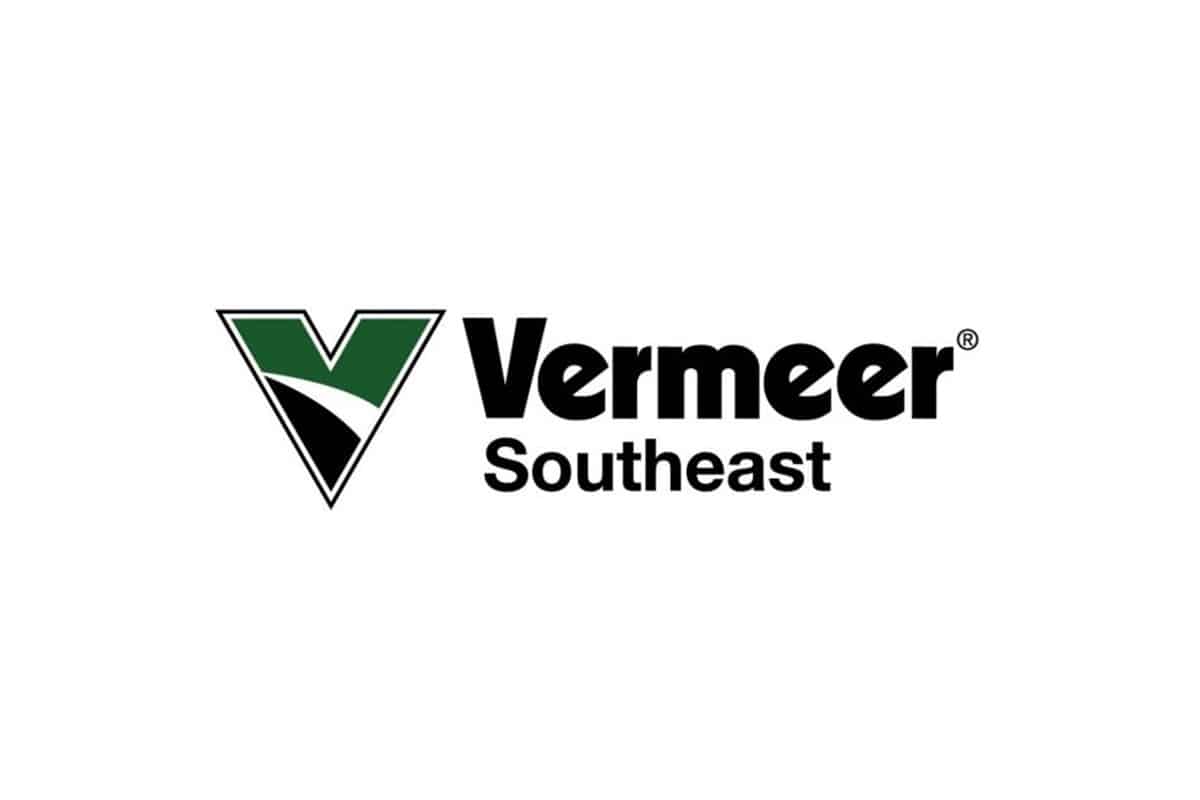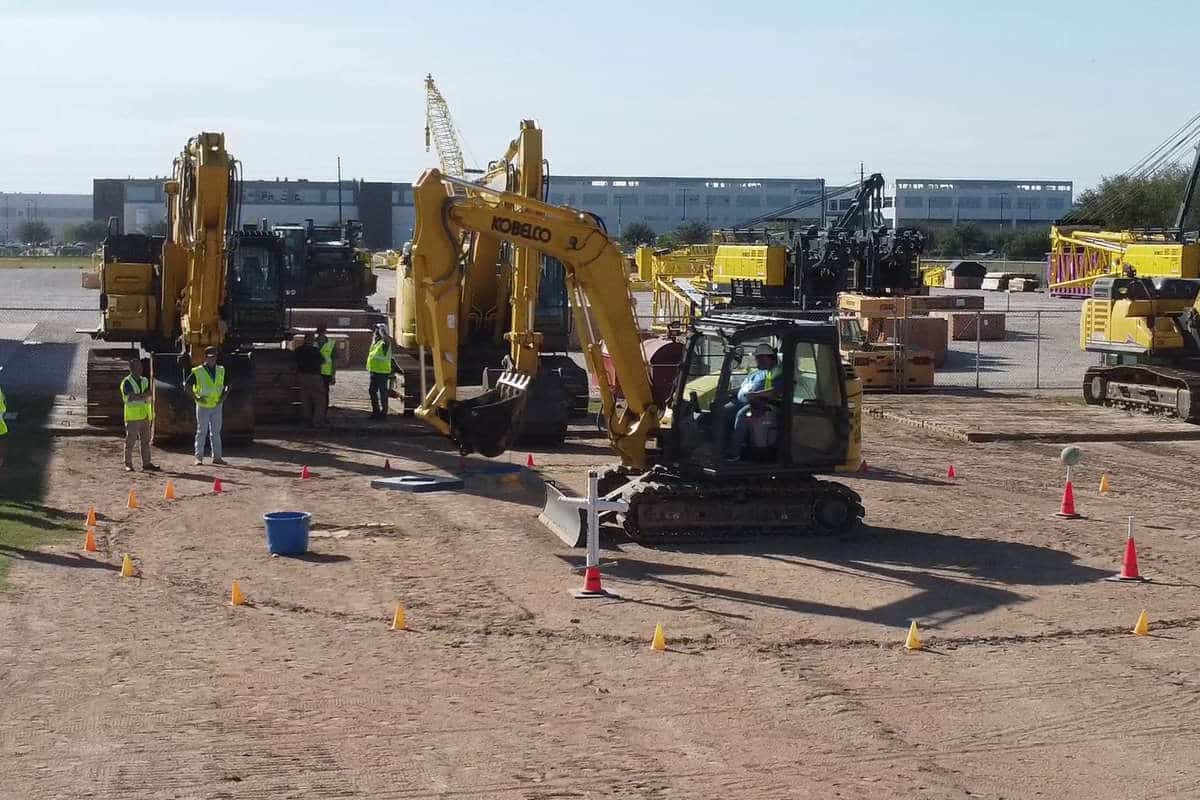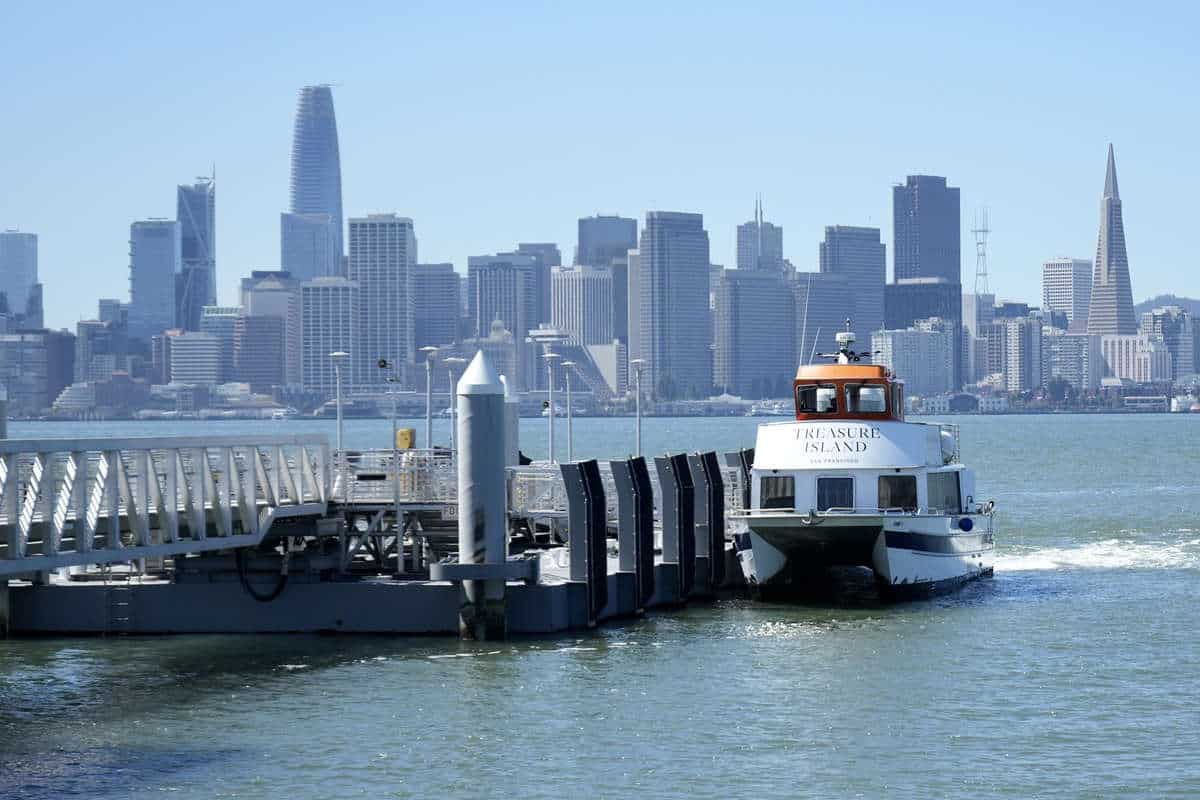How Plumbers and Plumbing Businesses Prepare for Winter Demand

By Emily Newton
Plumbers have additional planning to engage with in the colder months. Pipes freeze and burst, making schedules chaotic and high-pressure. Families and businesses stress during water disruptions and plumbing companies must take on the extra burden to ensure expedited service that can withstand the elements. So, how can plumbers flawlessly prepare to endure cold temperatures and seasonal faults?
How to Survive Winter Water Line Maintenance
The most important way for a plumber to make it through the winter season is to understand how many external influences can adjust plans. Schedules could flip upside down if cold temperatures cause power outages, halting communications. Vehicle collisions could worsen existing problems by tearing up the ground around a potential project or causing unnecessary traffic.
Once a plumber understands the climate — literally and figuratively — they can prepare practical tools to help their operations. Create several checklists for each work category — materials, tools, resources, contact information and so on. However, safety is paramount to any other job aspect. Wearing standardized PPE and adhering to regulations will keep everyone motivated and secure.
Some projects are indoors and some may be out in the elements. Wear clothing that withstands cold temperatures for long periods. Plumbing companies can send techs to jobs within their expertise and ability to resist more extreme temperatures.
Analyzing workers’ strengths alongside what environments decrease efficiency will help from a managerial perspective. It helps accomplish work throughout the winter and avoid occupational incidents that inevitably charge expensive insurance policies. If health concerns arise, know how to report the issue and reach emergency health services.
Another way to ease the harshness of winter work is to educate households and businesses about proper plumbing safety and preventative measures for colder months — if time permits. Many do not have access to the knowledge or have not ventured to learn, so taking the time to provide tips on stopping pipes from freezing or how to thaw will be invaluable.
How to Manage Emergency On-Call Schedules
Managing expectations also comes alongside customer and professional feedback. When buildings’ plumbing is in jeopardy, it causes high client tension and additional pressure from management to perform quickly. Keeping a level headspace while being potentially inundated with external commentary will allow the work to always take priority over what customers or coworkers are saying.
Emergency calls may increase compared to previous years, especially if you are a veteran in the industry. Labor and supply shortages worldwide cause disruptions and service delays in almost every industry because of more extended training programs and inaccessible materials and tools. Schedules could be more hectic and jam-packed than years prior, as COVID-19 and international conflict influence every sector.
The best way to navigate ever-changing situations is by instilling a business continuity plan before winter hits. It will outline every circumstance and how to act upon unexpected situations. Strategies can inform plumbers if they do not know an answer and it will provide management peace of mind because they know how their technicians will make decisions. It is an excellent tool for when companies spread out plumbing teams over employees, contractors and outsourced companies — then every entity is cohesive.
In impromptu situations, plumbers cannot feel so much urgency that they would otherwise dismiss work or personal safety. The most notable instance of this is transportation — especially in cold and icy conditions, the job is not as crucial as driving slowly and safely.
Because plumbing businesses expect frequent emergency calls from staff and clients, workers may use resources more regularly and cars will experience more wear and tear. Practice regular vehicle maintenance and check windshield wipers, lights, tires and emergency kits before leaving for every assignment.
How to Navigate New Technology
Recent trends in plumbing have changed the industry for good. Tankless water heaters, environmental alternatives and smart home devices made the plumbing industry jump into Industry 4.0. However, this comes with additional preparation requirements for plumbers during winter.
Staying up-to-date with new plumbing technology will give plumbers an advantage as they navigate how they interact with colder temperatures. You may learn something new and experience never-before-explored plumbing territory. It may mean more education and training will come your way to navigate winter demand as effectively as possible.
Winter puts irregular stressors on pipes and plumbing infrastructure, meaning lines that have not been touched or serviced in years suddenly need all a plumber’s attention. Plumbers will need to uncover sections of wall and flooring for investigation — this could reveal other failures in the building’s infrastructure, such as mold or asbestos. Sensor technology assists immensely with navigating uncharted territory and analyzes the severity of the situation to inform clients.
Internet of Things (IoT) devices will change the plumbing industry, especially in the winter when additional tools are necessary. Knowing how to navigate the interfaces of these devices will not only help with communications, but also help with faster product ordering. Additionally, IoT technology can send additional alerts or suggestions based on maintenance data or failures in machinery or pipes.
Plumbing businesses can also implement cloud-based scheduling software that communicates changes immediately to an entire technician and contractor team. Tools like this can notify employees of sick coworkers, call-outs or if someone needs a job covered. Finding tools that increase efficiency instead of bogging down plumbers with a burdensome technological stack that detracts from the work will increase customer satisfaction and productivity.
Plumbing in the Busy Winter Months
Providing expert plumbing services in the winter requires structure, discipline and planning. Without a sufficient balance of these elements, work is not performed at the speed and efficiency to meet winter demand. On top of the physical needs, there are mental demands alongside them, such as anticipating emergencies and spontaneous schedule changes.
Managing expectations for unexpected obstacles and divergences in the plan will make the winter run more smoothly. If plumbers and plumbing businesses can navigate the season successfully while tending to the buildings, families and towns that need winter plumbing assistance, the following ones will be even more prosperous.
Emily Newton is a construction and industrial journalist. She is also the Editor-in-Chief for Revolutionized Magazine. Keep up with Emily by following her by subscribing to Revolutionized’s Newsletter.




